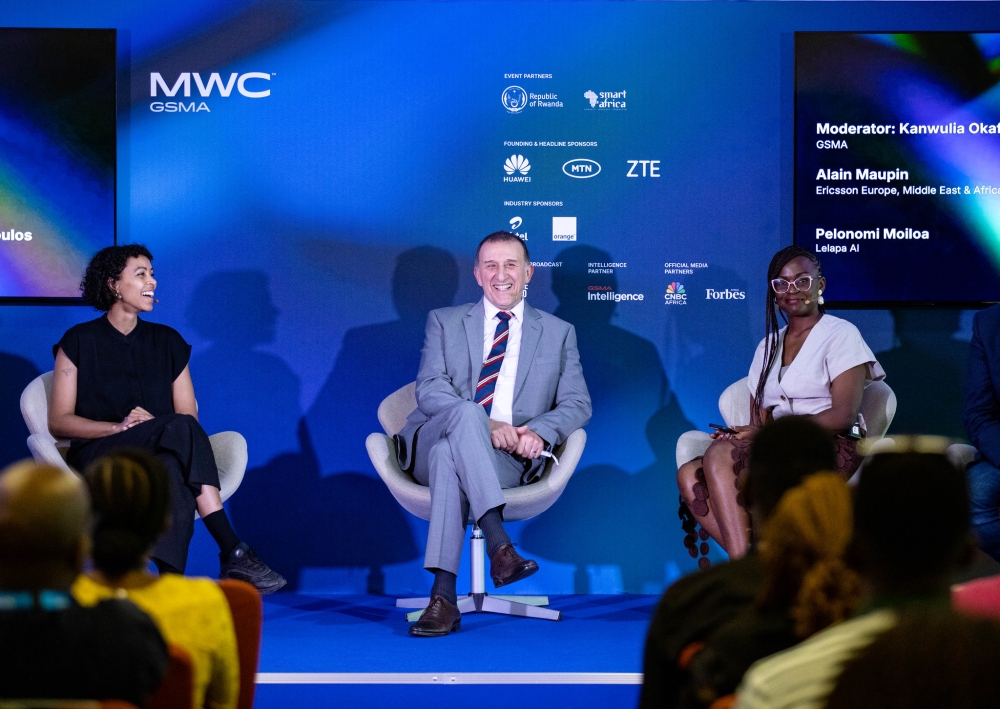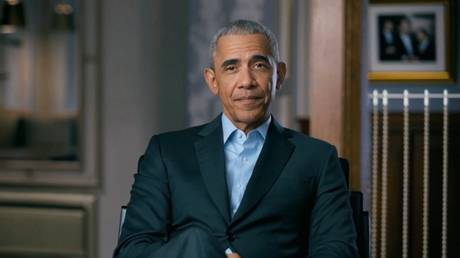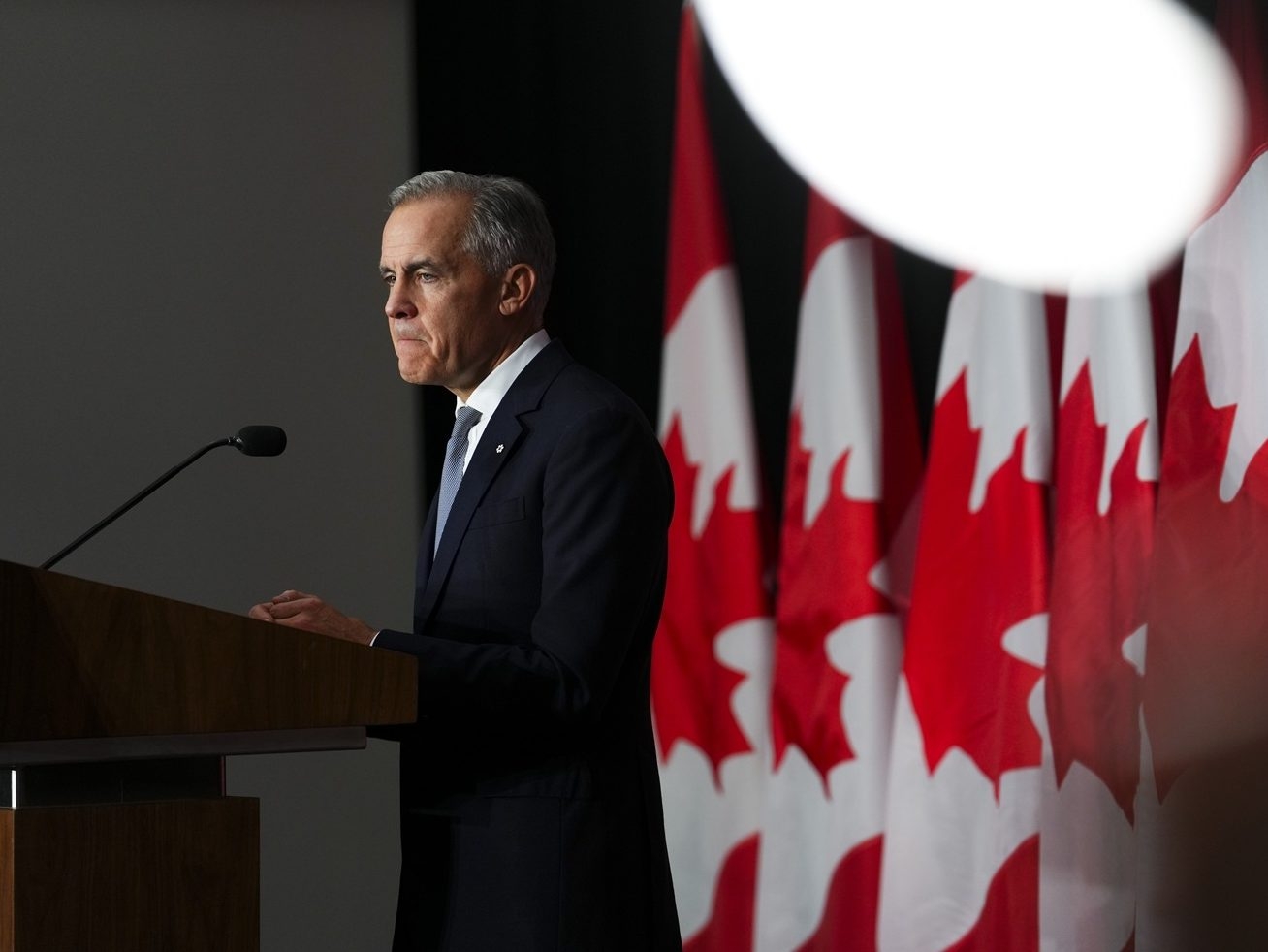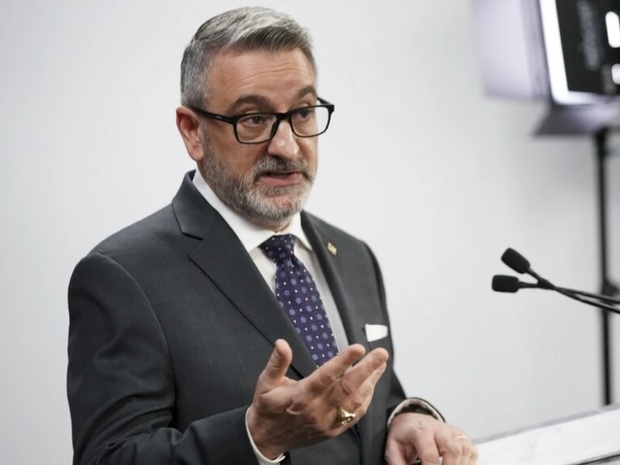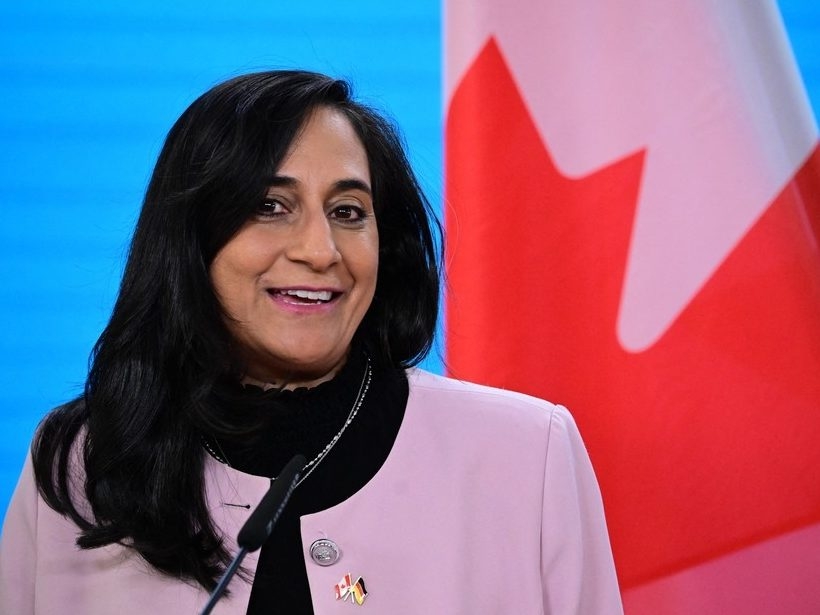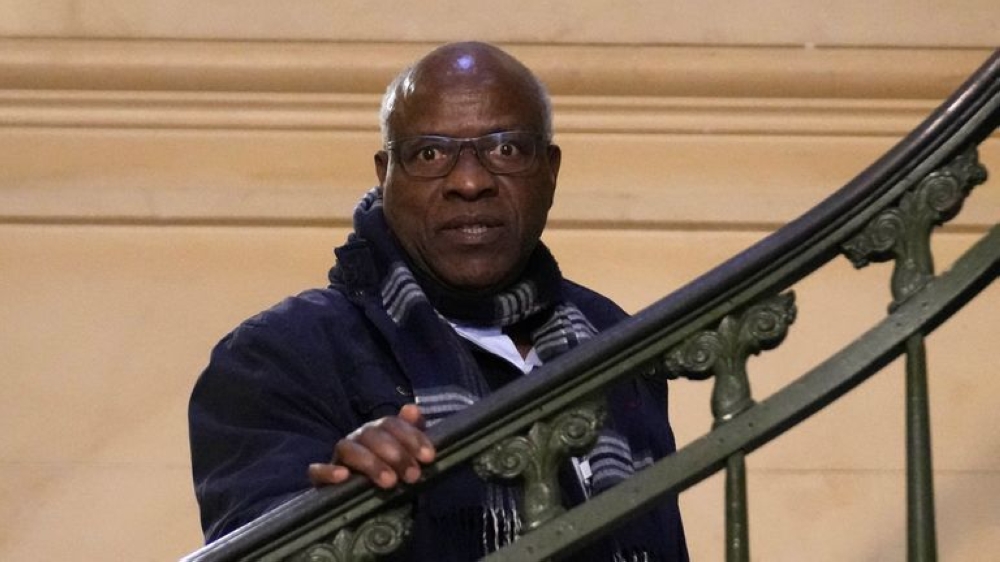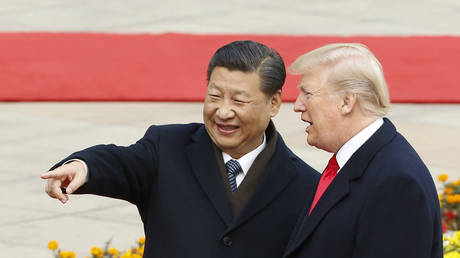Artificial intelligence is transforming nearly every aspect of modern life. But as the technology becomes more powerful, so does the need to ensure it reflects everyone it touches. Across Africa, the call is growing louder for AI built not just for the continent, but by Africans.
That vision came into focus on Wednesday, October 23, at Mobile World Congress Kigali 2025 during a panel “Eliminating Bias: AI for Africa, by Africa.” The discussion gathered technologists, researchers, and policymakers united by a common goal: shaping a digital future that reflects Africa’s cultural, linguistic, and social diversity, instead of flattening it.
ALSO READ: Awareness about fraud is the firewall Africa needs most - cyber experts
The GSMA, in collaboration with major telecom companies and research institutions including Airtel, MTN, Ethio Telecom, Lelapa AI, and the Masakhane African Languages Hub, announced a continent-wide initiative to develop African large language models (LLMs). The project aims to close the gap between the world’s most spoken languages and those digitally represented in AI systems.
Globally, most LLMs—like those that power chatbots and translation tools—are built around a few dominant languages. This leaves billions of people behind, especially in Africa, where more than 2,000 languages are spoken but only a handful are digitally supported.
The result is a widening digital divide that risks excluding local knowledge and perspectives from the future of technology.
ALSO READ: Rwanda urges inclusive digitisation to bridge global trade, internet divide
Rwanda’s digital identity push
Representing Rwanda’s innovation front, Josephine Mukesha, Director General of the National Identification Agency (NIDA), shared how the country’s upcoming digital ID system could help tackle bias from the ground up.
The new system will issue digital identities from birth, using biometric data such as facial features, iris scans, and fingerprints to ensure accuracy and inclusion. It’s designed to serve not only Rwandan citizens but also foreign residents, refugees, and stateless individuals—groups often excluded from traditional identity systems.
“AI for Africa means building solutions by African developers and institutions, using data that truly represents our people,” Mukesha said. “We must ensure that everyone can transact and appear online, because inclusion starts with visibility.”
She added that Rwanda’s approach emphasizes data sovereignty—meaning Africans must own and protect their data—and cultural relevance, so that technology reflects local values. By collecting data responsibly and ensuring equal access to digital services, Rwanda hopes to set a standard for inclusive AI across the continent.
The heart of the problem: Data
For Nikos Angelopoulos, Chief Information Officer at MTN Group, the biggest challenge isn’t the algorithms themselves but what feeds them.
“The most fundamental issue is the dataset,” he said. “Where is the data coming from, and what does it represent? In some parts of the world, data sources are abundant. In Africa, they are still scarce. That imbalance creates the bias we see.”
Angelopoulos pointed out that without diverse, representative datasets, even the most advanced AI systems risk misunderstanding or ignoring African users.
Pelonomi Moiloa, founder and CEO of Lelapa AI, challenged the assumption that more data and more computing power automatically will lead to better AI. Her company focuses on developing tools for “low-resource” languages—those with limited online presence.
“Most of how AI is built comes from a Western framing,” Moiloa said. “It assumes you have endless data and huge computing resources. But what if we made models smarter instead of just bigger? What if we taught them to learn languages with less?”
For Lelapa AI, the goal is not only to represent African languages but to rethink how intelligence itself is defined and trained.
Bias in everyday life
Egbo Deborah Ijeoma, a public health advocate from Nigeria, offered a grounded view of how bias plays out in real life. She recalled a time when a health brand launched a free app for tracking blood pressure during a community event.
“The app was great, but only the women with newer smartphones could use it,” she said. “The low-income earners who needed it most didn’t have the devices or internet access. That’s bias too—bias in context.”
To bridge that gap, Ijeoma helped build a WhatsApp-based chatbot that educates women about reproductive health in English and Hausa. The platform works on basic phones, ensuring that inclusion isn’t just an idea but a practice.
As African nations continue to invest in technology, many are also developing ethical frameworks to guide it. Rwanda, for instance, is crafting an AI ethics policy rooted in fairness, privacy, transparency, and human oversight. The hope is that such frameworks will make Africa not just a consumer of global technologies, but a contributor to the values shaping them.
A GSMA study outlined four key areas Africa must strengthen for inclusive AI growth: data, compute, talent, and policy. Through continent-wide collaboration, GSMA and its partners will form working groups to advance these priorities, share outcomes at upcoming events, and ensure accountability.
At its heart, “AI for Africa, by Africa” isn’t just about better software. It’s about ownership, representation, and trust—ensuring that the intelligence shaping the digital age understands the people it serves.
Because in the end, as one panelist noted, “a biased system doesn’t just misread data. It misreads humanity.”
